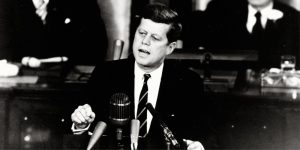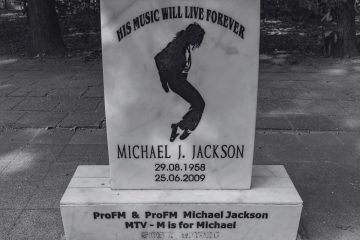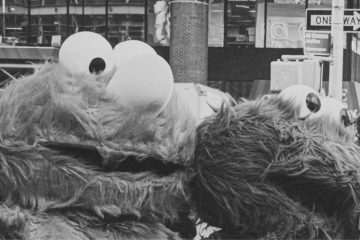What Happened On May 19th?
On the evening of May 19, 1962, Marilyn Monroe took the stage at Madison Square Garden in New York City, for one of her final performances. To support a Democratic fundraiser and celebrate President John F. Kennedy’s 45th birthday, 15,000 guests attended. The guest list included the political and social elite of the era.
The Dress
Monroe dressed in a stunning dress that has since become famous in its own right. As she took to the stage to serenade the President, her performance was as provocative as it was memorable. The dress, an elaborate creation by designer Jean Louis, was covered in 2,500 rhinestones and so tightly fitted that Monroe had to be sewn into it. This garment would later be sold at auction for an astounding $4.8 million!
Context & Underlying Tensions
What made Monroe’s performance so notable was not just her intimate delivery, but the context and the undercurrents of the era. By 1962, Monroe was already a symbol of Hollywood glamour and sensuality, yet she also symbolized the struggles of an actress battling personal demons and professional difficulties.
Her relationship with Kennedy, rumored to be far more than a simple acquaintance, added a layer of speculation which intrigued the imagination of the public. It was a rare moment where the worlds of politics, entertainment, and scandalous intrigue intersected so publicly.
The Performance Itself
The evening’s emcee, actor Peter Lawford, introduced Monroe with a quip about her notorious tardiness, saying she was “the late Marilyn Monroe.” When she finally appeared, her rendition of “Happy Birthday” was delivered in a manner so suggestive that it immediately created controversy and gossip.

It wasn’t just a birthday song; her performance oozed with charisma and allure, demonstrating Monroe’s unique ability to mesmerize audiences. This was not just any performance; it was a moment that encapsulated the mix of sex appeal and celebrity that defined Monroe’s career and persona.
What People Did Not Know
Interestingly, Monroe’s gown was not the only attention-grabbing element of the night. Her decision to perform despite feeling ill and exhausted added to the mystique of her appearance.
Reports suggest that she was suffering from a variety of ailments, including a sinus infection and significant stress, which makes her poised performance all the more remarkable. It’s also worth noting that Monroe had recently been fired from the set of “Something’s Got to Give” just days before, due to her frequent absences and health issues, making her decision to appear at Kennedy’s birthday celebration a defiant and bold move.
Not only that, but Monroe performed shortly after, she attended a benefit for muscular dystrophy at Dodger Stadium in Los Angeles.

This demonstrated her her strong character despite undergoing personal difficulties. This further underscores the complexity of Monroe’s character – a woman who, despite her struggles, continued to use her fame for philanthropic efforts.
More Drama
Monroe’s performance has been the subject of much analysis and speculation. Some see it as a reflection of the close, possibly intimate, relationship she had with Kennedy. The rumors of their affair have been a source of fascination and debate for decades, fueled by the palpable chemistry visible during the performance.
Others interpret it as a desperate bid for attention from a woman whose career and personal life were increasingly tumultuous. Monroe’s appearance at the event, so brief yet so impactful, is often viewed through the lens of her tragic narrative, which culminated in her untimely death less than three months later.
A Tragic Coincidence
A somewhat odd twist in this story is the tragic coincidence that Kennedy’s wife, Jacqueline Kennedy, passed away on the same date (May 15th) as Monroe’s iconic performance—though years later, in 1994. This date, therefore, links two of the most prominent women in Kennedy’s life in a way that continues to evoke a sense of poignancy.

Just over a year after Monroe’s performance, on November 22, 1963, President John F. Kennedy was assassinated in Dallas, Texas. Kennedy’s death brought an abrupt end to the youthful optimism that had characterized his presidency and ushered in a period of national mourning.
Politics & Celebrity Culture
Kennedy, a charismatic and youthful president, had effectively harnessed the power of celebrity to bolster his image and political appeal. His connections with Hollywood stars like Monroe and Frank Sinatra helped create an aura of glamour around his presidency.
This contrasted sharply with the more staid and conservative image of his predecessors. This intertwining of Hollywood glitz and political power is a dynamic that continues to shape American culture to this day.





